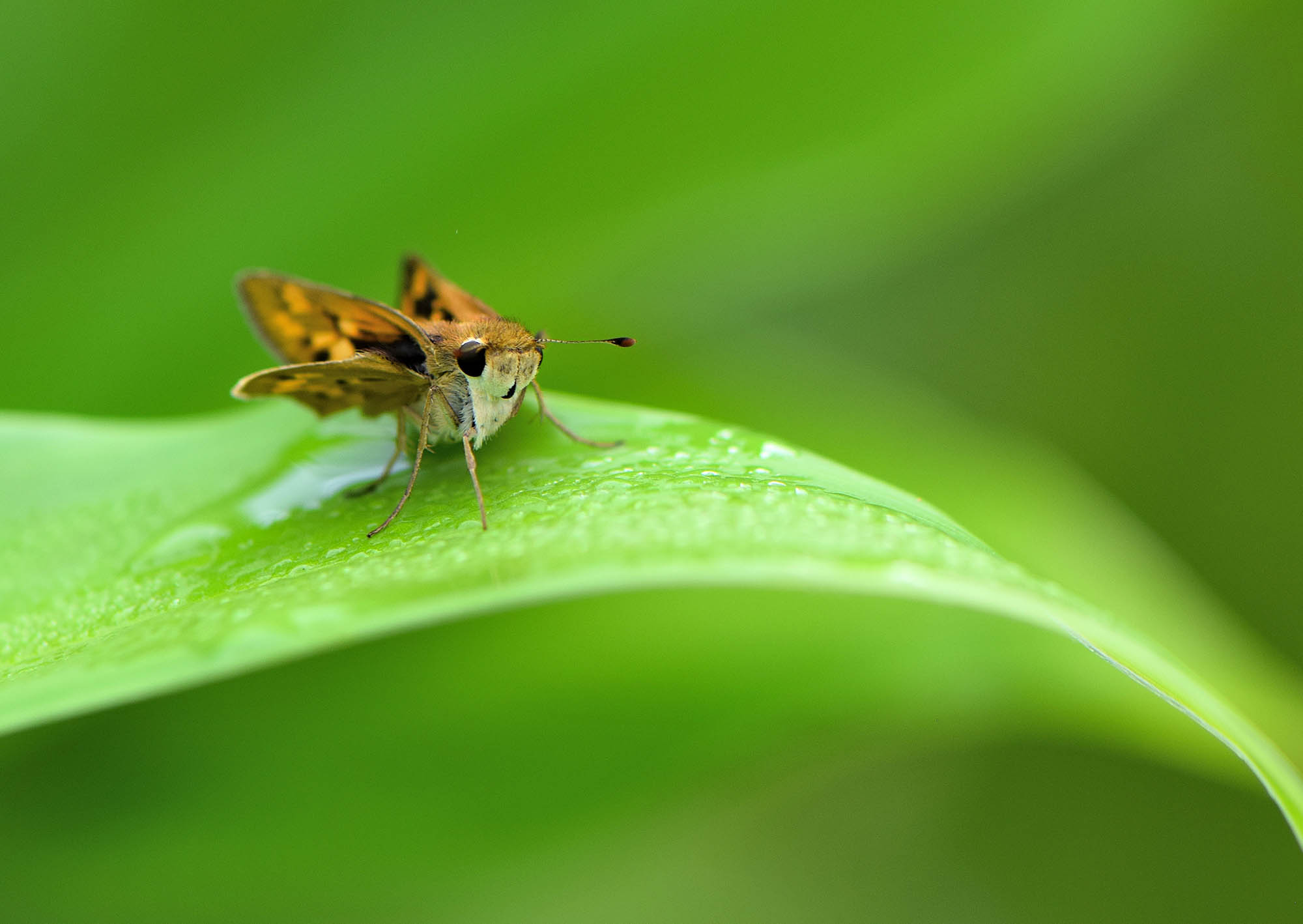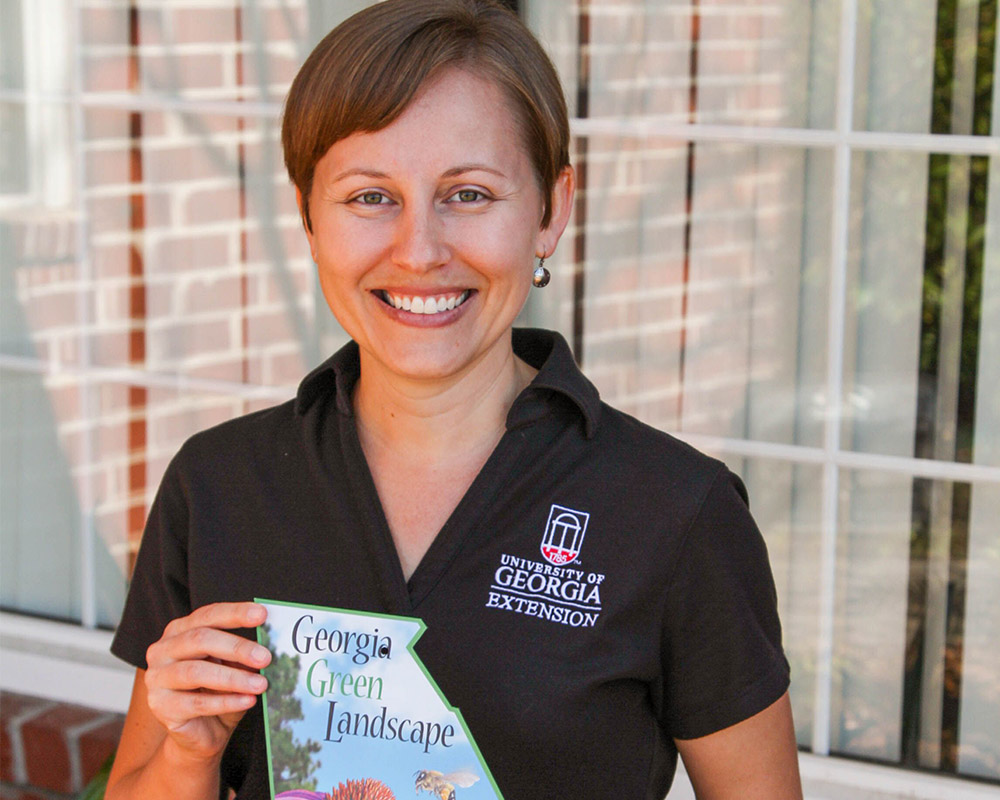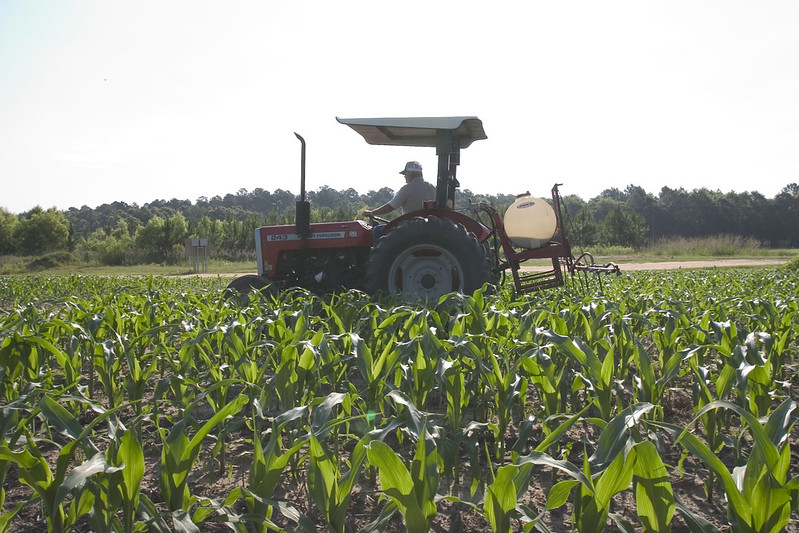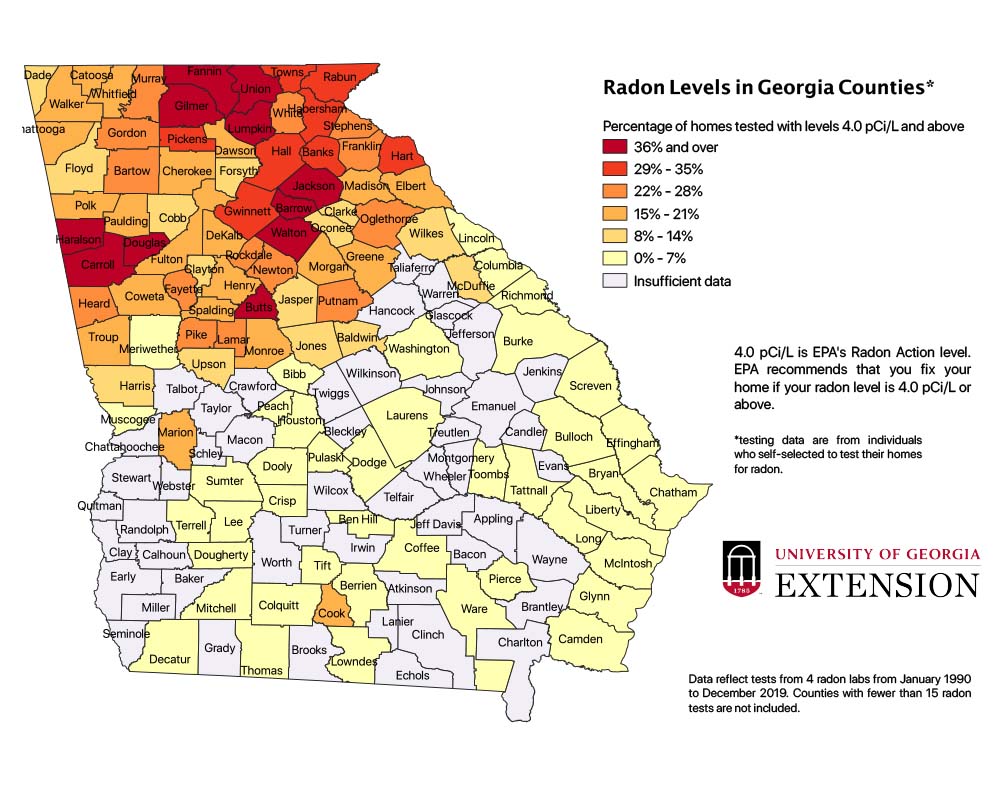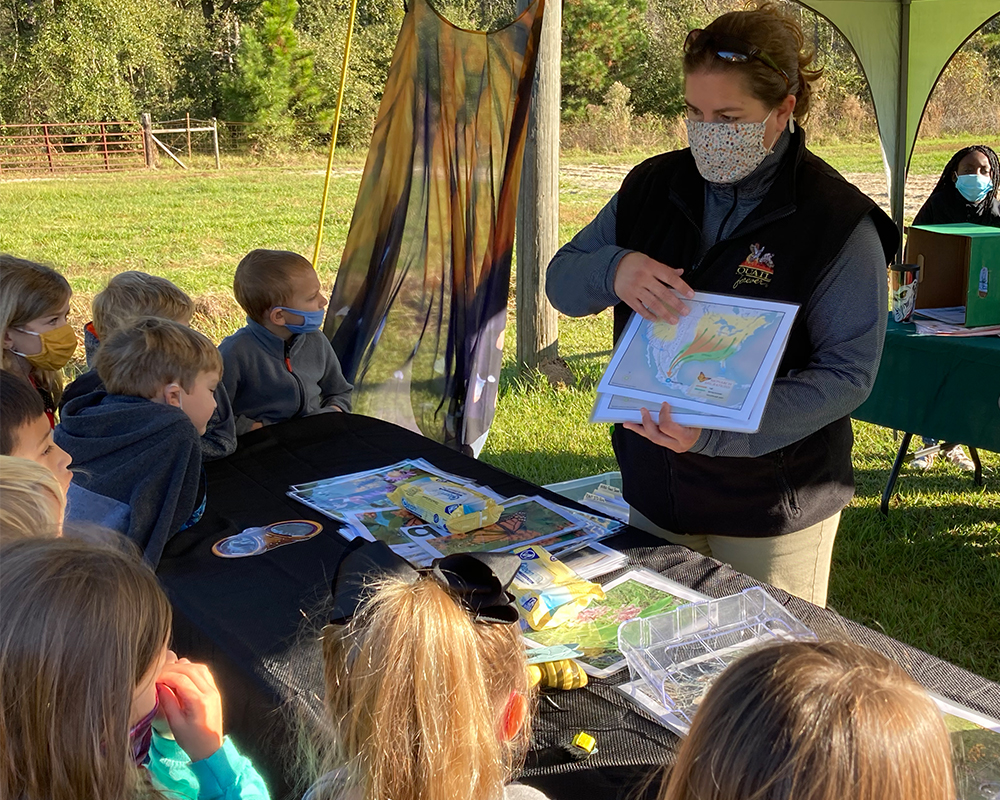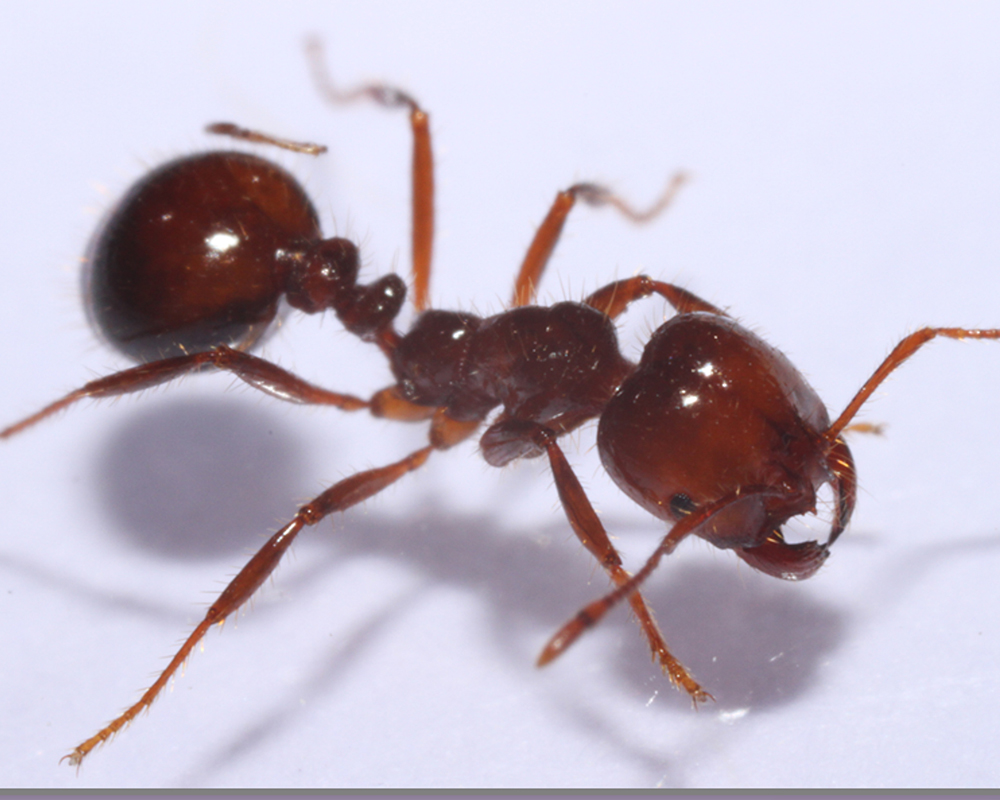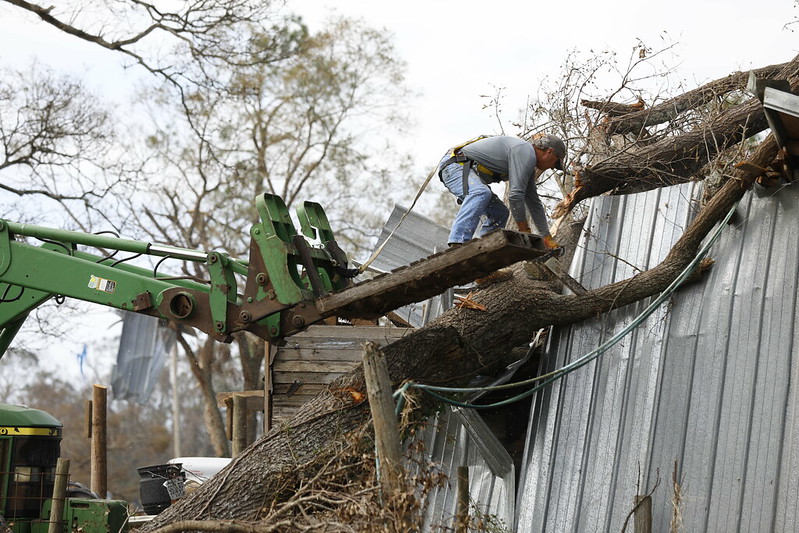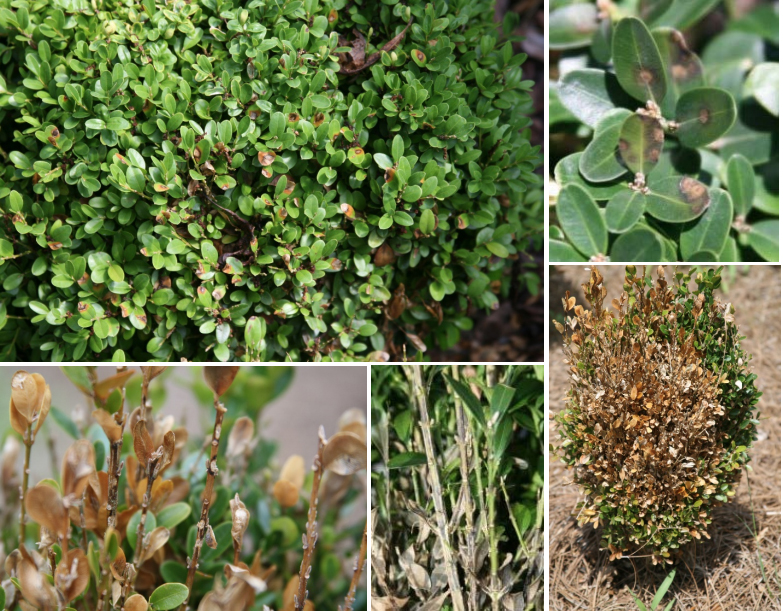 CAES News
CAES News
Landscape Plant Diseases
If you're seeing brown areas in your landscape trees or hedges where you should be seeing green, University of Georgia Cooperative Extension can help. Wet winters and severe weather have been causing disease and other issues in landscape plants, especially Leyland cypress and boxwood.

